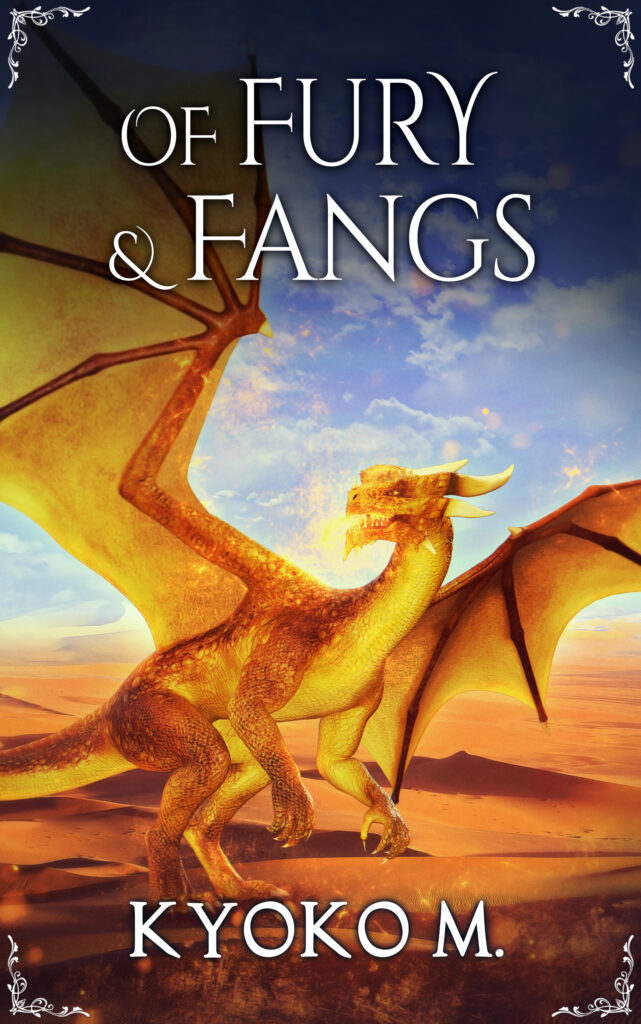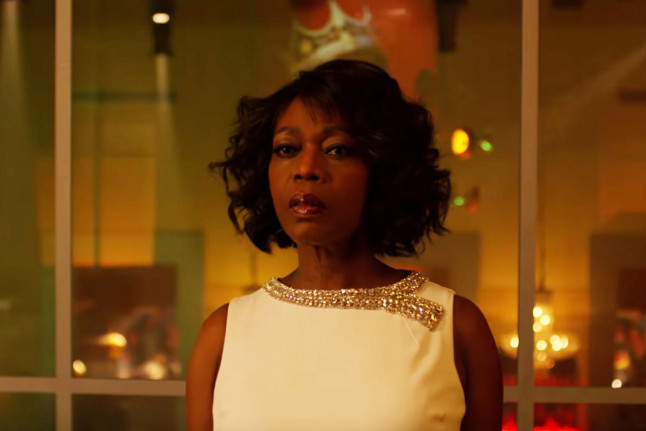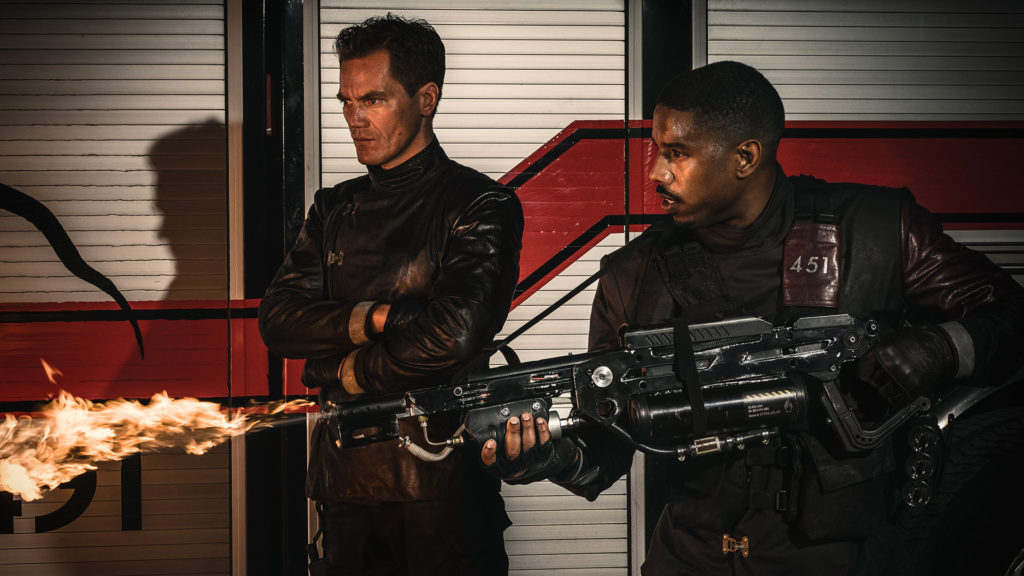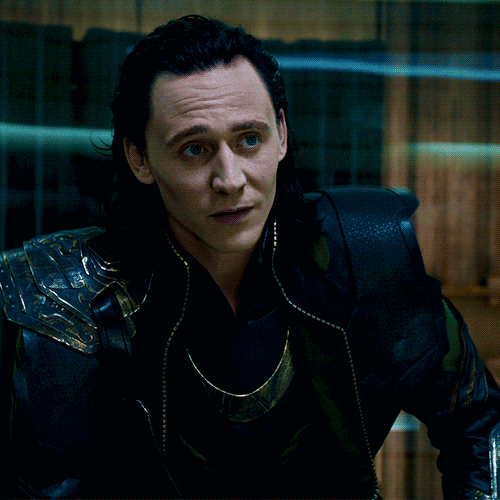
We’re just two months away from the launch of Book Four in the Of Cinder and Bone series, Of Fury and Fangs! Time for another excerpt!
Spoilers ahead. Proceed with caution.
–
Jack ran a hand through his windswept hair. “Alright. I can set off Thornton’s car alarm. That should draw him and his buddy outside and you can slip in to see if you can film the dragons. Then we split.”
Kamala blew out a long breath to ready herself. “Be careful, my darling.”
He kissed her. “You too.”
Jack crept back the way he came along the wall and around the corner, waiting by the door. He heard the squeal of one of the metal doors to the container opening. “That’s my cue.”
He hunted along the shipping yard until he found a sizeable slab of rock and slipped to the other end of the warehouse. Then he hefted it and chucked it at the hood of Thornton’s Jeep.
The car alarm immediately let out a panicked squawk.
Roughly ten seconds later, Thornton and Joe spilled out of the warehouse, bewildered by the ruckus. Jack hustled around the rear of the building as the men hurried over to the vehicle. Thornton cursed up a storm as he surveyed the dented green hood and spun around, searching for the culprit.
While they were distracted, Kamala slipped inside the open door to the warehouse, staying low, and quickly crept towards the red shipping container with its massive door ajar. Its contents made her stop in her tracks.
There were four large iron cages inside, but two of them were empty. The other two housed a dragon each; the creatures bound in manacles with their jaws clamped shut in muzzles.
The first dragon was brown and so round and bulky that it could have been mistaken for a Grizzly bear. As a matter of fact, she knew that it had, for it was an urso dragon. Its lurching shape had often been mistaken for a bear from far away in the Alaskan woods and any hunter that shot it would find itself in a heap of trouble, for its scales were so thick that they could repel most common types of weaponry. The dragon could also reach a sprint speed of up to twenty-five miles an hour, at which point it could generate enough energy to flip an SUV with ease. Its wings had been clamped with round bands of metal as well. Its yellow eyes flicked open as it heard her approach and it snorted once before settling into its enclosure again, apparently not feeling threatened by her small stature.
It had two dark brown horns on the crown of its head, but one had been snapped in half, which it would regrow. She didn’t see any marks on its scales, but it made sense. It would be quite a contender in the ring of a dragon fight. She did, however, see smudges of ash along its right side and its legs, so she suspected it was still susceptible to fire.
The second dragon had iridescent scales that refracted the bits of sunlight from the warehouse windows. Its scales glittered as if made of quartz and stuck up in random, sharp spikes from head to toe. Two pinpricks of black looked up at her as she stared at it in wonder. She couldn’t help herself. It was her first time seeing a crystal dragon in the flesh. They were rare cave dwelling creatures famous for hoarding gemstones in diamond mines and other underground caverns. Many adventurers of yore would seek them out, but never return, for crystal dragons were among the most violently territorial of their species. Their scales were as rock hard as their namesake, which was why they were one of the first dragons to go extinct; people would obsessively hunt them for their beautiful hides.
Like the urso dragon, she didn’t see any outward injuries. It was clear the dragon fighting rings had gotten more thoughtful with which species they accepted for fights. It was likely both of them had survived quite a few matches with their unique characteristics.
She made sure to record clear footage of both dragons and snapped a few photos as well before she snuck out of the warehouse’s rear door, where she met Jack. Thornton and Joe had aggressively started to search the grounds, so the two hustled out of the yard back to the Volkswagen.
“What did you find?” Jack asked as he snapped on his seatbelt.
“An urso dragon and a crystal dragon.”
“Holy shit,” Jack gaped. “Seriously?”
She handed him her phone and Jack watched the video clips, whistling. “Incredible. And I thought the Knight Division had been able to crack down on the DNA sources lately.”
“Obviously, some of them have slipped through the cracks. If we’re able to get this back to the precinct in time to seize the dragons, I’m sure they’ll produce plenty of relevant data that we need.”
“Definitely,” Jack said as he started up the Beetle. “I’d love to take a look at—”
He abruptly stared past her head through the passenger window and paled. “Oh, shit.”
A second later, the urso dragon that had been sprinting towards them with its head lowered smashed into the side of the Beetle.
The impact threw the car up on two wheels and smashed its roof into the wall of the electrical shed. Glass exploded on Jack’s side of the car and there was a horrible crunching sound of metal and stone and dragon hide. The engine immediately sputtered out and died as the car lurched back onto all four wheels. The side air bags had deployed upon impact, stunning both Jack and Kamala. Ears ringing, Jack peered through the shattered window to spot the attacking dragon, but it wasn’t there any longer. He heard a snort and a throaty bellow and twisted in his seat to see the dragon behind the car, its head lowered as it prepared to ram them again.
“Shit!” Jack tried the engine once, twice. It coughed and protested, but wouldn’t turn over. He cursed again and tried to unhook his seatbelt, but the impact had jammed it. He grabbed Kamala’s shoulder and shook her hard, rousing her from her dazed state. “Hang on!”
WHAM!
The urso dragon barreled into the back of the Beetle and sent them skidding several feet across the gravel. Jack grabbed the steering wheel and tried to twist the tires to keep them from sliding towards the hill into the warehouse yard, but gravity got the better of them. Kamala tried to free herself from the seatbelt as well, but hers was also jammed. Briefly, they spotted Thornton and Joe near the fence, sneering in triumph.
“Why aren’t they shooting at us?” Kamala asked as she tried to wriggle herself free from the seatbelt.
“No need,” Jack gasped out as he did the same. He watched in the askew rearview mirror as the urso dragon prepared for one more lunge. “The dragon’s gonna push us into the river.”
“Sulemaga!” Kamala spat.
Jack yanked on the seat lever and wriggled his arm towards his pants. “I’m trying to reach my pocketknife. I’ll cut us loose. Then we’ll have maybe a minute or two to climb out before the car sinks too deep and we drown.”
The dragon charged them again. “Head down!” Jack yelled, covering his own just before the creature slammed into the vehicle one last time. The car tumbled down the gravel hill and rolled off the side of the embankment into the Charles River.
–
Pre-order Of Fury and Fangs now for only 99 cents from now until October 24th, 2020. Please remember the price will increase to $4.99 on October 25th. Don’t forget to read the first and third excerpts and add it to your Goodreads shelf.
Join me on release day for a live reading of an all-new chapter as well!



